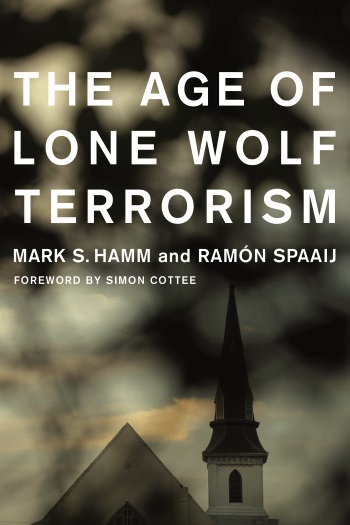Luis Barrios and David Brotherton on Desperation in the Dominican Republic
“Once again we are face to face with what dependency feels like in an area of the world almost completely dominated and controlled by US and European foreign interests.”—Luis Barrios and David Brotheron on the Dominican Republic
In a recent essay in the English version of Le Monde Diplomatique, Luis Barrios and David Brotherton, the co-authors of Banished to the Homeland: Dominican Deportees and Their Stories of Exile, examine the current economic and political situation in the Dominican Republic.
Their essay, “Dominicans’ dance with want,” was written in the aftermath of the recent tragedy in which a boat capsized off the Northern Dominican coast, leaving at least 12 dead and 39 still missing. The Dominicans who died were looking to escape the desperate conditions facing the nation, whose already fragile economy had been severely hurt by the global recession. As Brotherton and Barrios point out, about 50% of the country is either unemployed or underemployed. The authors write, “Further, about one third of the country’s population live in poverty, i.e., exist on less than 7 US dollars per day, while the top 12 percent continue to own almost 60 percent of the nation’s wealth, although again these figures are misleading since they do not include wealth owned abroad by the Dominican elite. Moreover, the government spends less than 2% of its Gross Domestic Product (GDP) on health, almost the lowest in the region.”
Barrios and Brotherton also paint a picture in which there are few glimmers of hope of change in the Dominican Republic. The two main political parties are beholden to the foreign interests which dominate the country and its economy. The two main sources of revenue in the Dominican Republic, cheap industry and tourism, are almost entirely foreign-owned. The authors write:
Perhaps the best indication of the hopelessness that pervades the country is the fact that hardly anything left in the Dominican Republic regarding its natural resources are owned by Dominicans. Not a single holiday resort on the country’s extraordinary coastline is any longer in Dominican hands, while the nation’s entire energy system, i.e., its gas, electricity and petroleum, is controlled by U.S., Spanish, Canadian or Italian corporations. Meanwhile the manufacturing sector is almost entirely owned by corporations in the United States, Korea, Taiwan and Canada with the country’s so-called Free Trade Zones providing unlimited cheap labor in conditions completely hostile to workers’ rights while producing little tax revenue for the nation’s coffers. The one industry for which the country was famous in years past, sugar, hardly merits a mention as part of the nation’s GDP with remittances from abroad now the country’s second most important revenue.


